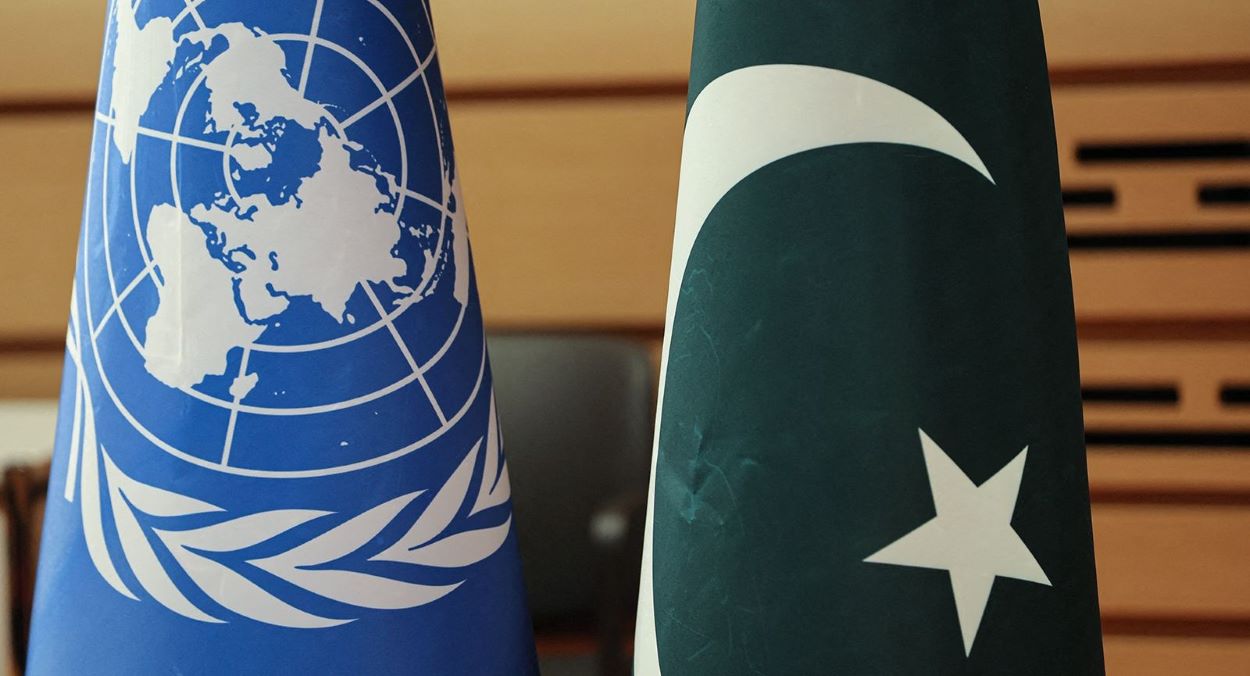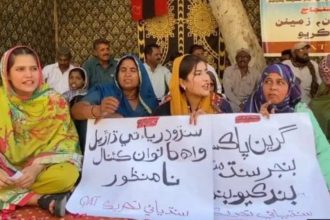Pakistan is set to acquire approximately $3.4 billion from the $10.9 billion pledges made by the global community in Geneva.
The fund is designated to help the flood-affected victims and rebuild the devastated infrastructure in the country. A significant portion of the total amount promised at Geneva was earmarked for commodities financing, oil facilities, and the re-purposing of funds.
Delving into the numbers:
- The Islamic Development Bank (IsDB) pledged $4.2 billion through ITFC for commodities and oil financing over three years. This left a remaining commitment of $6.7 billion.
- The Saudi Fund for Development (SFD) set aside $1 billion for an oil facility due to conclude in December 2023.
- Contributions from Paris Club countries stood at $1.2 billion, which, when deducted from the previous balance, left $4.5 billion.
Furthermore, multilateral creditors have redirected approximately $1.127 billion for flood victims. This includes $299 million from the World Bank, $78 million from the Asian Development Bank (ADB), and a notable $750 million from the Asian Infrastructure Investment Bank (AIIB).
Subtracting the repurposed $1.1 billion leaves a net amount of $3.4 billion designated for reconstruction in flood-hit areas.
Current Projects and Implementation
The Pakistani government has initiated 13 development schemes to assist the flood victims. This includes six initiatives in Sindh, five in Balochistan, and a single project in Punjab and Khyber Pakhtunkhwa. However, progress has been notably sluggish in Balochistan.
Regarding the actual disbursed amount from the pledges, Pakistan has received a total of $1.48 billion, which combines project loans and commodities financing. As of September 2023, project financing remains slow, amounting to just $780 million.
A recent statement from the Ministry of Planning Development & Special Initiatives highlights the swift measures being taken to implement development projects in the flood-affected regions. This is being carried out under the Resilient, Recovery, Rehabilitation & Reconstruction framework (4RF), which was the focus of the recent Federal Steering Committee meeting on 4RF.
The 2022 Flood’s Aftermath
The 2022 floods wreaked havoc in Pakistan, especially in Balochistan and Sindh. The country experienced significant destruction from the torrential rains and flooding, affecting around 33 million residents and resulting in an economic setback of $30 billion.
Representatives from various ministries briefed the Federal Steering Committee on the progress of different development projects. A special dashboard for 4RF will soon be launched, facilitating real-time monitoring and ensuring transparency with donors and partners.
Additionally, a robust Monitoring and Evaluation Framework is under development, promoting community participation and offering an unbiased overview of all flood recovery expenses.
In a joint assessment carried out in October 2022 by the Pakistani government and international partners, the total damage from the calamity was estimated to be around $30 billion.







